When is it Best to Study in the UK, During or After A-level?
- Categories All Study in Abroad Blogs, Study in the UK
- Date July 18, 2024
The United Kingdom is home to some of the best universities in the world. Almost all rank well on a global scale for numerous disciplines. From healthcare to engineering to humanity and art to language culture and development, students can study everything that piques their interests and supports their goals. UK universities have maintained an honourable reputation for decades for their infrastructure, quality of education and research facilities. Studying in the cohesive environment of the UK is a life-altering opportunity for international students. However, in everyone aspiring to study in the country, the unawareness of A-levels lay deep. While most begin their educational journey after completing 12th grade, the UK also has some impressive options for students after 10th. Or as the UK education system calls it – A-level courses.
In this blog, we will delve into the best pathway to study in the UK in regard to the A-level.
What is A-levels?
The A-level or the advanced level is a qualification available across a range of subjects to high school graduates. The level is often described as linear as it symbolises graduation with the final exams at the end of both year 12 and year 13. The UK education system has multiple levels of education. Different regions have adapted classifications apart from the entry-level of education to help students begin their studies. England, Wales and Northern Ireland have 8 levels of education set out Regulated Qualifications Framework (RQF) while Scotland has 12.
Studying in the UK during A-level
Typically, one can study 3 or more A levels in 2 years of learning after the 10th grade. There are about 80 different subjects to study, assessed by a series of examinations. These include history, chemistry and music among other subjects you could have studied in lower grades, some advanced subjects like English literature and further Maths or alien subjects you have never studied before like Psychology, Philosophy and more. However, universities may have different options and offers as per their modules and regions. Some of the popular universities which offer such programs are:
- Birmingham City University
- Brunel University London
- Coventry University
- Kingston University, London
- Liverpool John Moores University
- Robert Gordon University
- Swansea University
- University of Hertfordshire
- University of Huddersfield
- University of Leeds
- University of Leicester
- University of Plymouth
- University of Portsmouth
- University of Surrey
- University of Sussex
- University of Swansea
Advantages of Studying an A-level Course
Students in Sixth Form, aged 16 to 19, need the traditional subject-based qualification from A-levels to enter a university. They need UCAS tariff points based on their A-levels to pursue a bachelor’s course at a UK university. These levels further open doors to options for further training or employment. Like the universities, employers too value these qualifications. Students can make the decision to study more. Or they could undertake training or seek a job relevant to their current experience. Focused on the core academics, A-levels are often not considered as a practical route for certain courses. For instance, students aspiring to attain National Vocational Qualifications (NVQs) and BTEC diplomas need to consider taking a vocational course or qualification. Universities and employers both will need at least five GCSEs 9-4 or equivalent. The higher your GCSE grades, the better chances you have of scoring a position in either.
A-level courses or foundation courses also give an edge to students looking to gain direct entry into their desired undergraduate program at the same university. The UK has some exclusive pathway programs particularly designed to enable students with the relevant knowledge required in their desired undergraduate courses. Not only will they help students seek familiarity with the UK education system but they also ease their transition into college life. Moving to the UK at an early stage will also make you more familiar with the country’s culture and norms. In effect, students can make the most out of their university courses without juggling with any adjustment issues.
Scholarships Available
Indian students also further avail a scholarship or loan to lessen their financial burden. Some of the popular scholarships are the Inlaks Scholarship, Commonwealth Scholarship and GREAT Education Scholarship. Students can rely on them to gain up to 74.16 lakhs INR to manage education fees, accommodation, food and other expenses. Saltire Scholarships is specifically for students in the fields of science, technology, renewable and clean energy, creative industries, healthcare, and medicine enrolled in Scottish universities. Whereas Felix Scholarships are for those at the University of Oxford, the University of Reading, and the School of Oriental and African Studies. Both these scholarships, however, have limited receivers and, thus, more competition.
Requirements to Study in the UK After 10th
Universities often don’t need much from international students applying for A-level courses. Well, not as compared to when they apply for undergraduate programs. Students who have completed their education with CBSE, ICSE or any other central board can apply for these courses with a minimum of 65%. They further need to demonstrate English language proficiency with IELTS, TOEFL, PTE or Duolingo. A score of 5.5 band score is good enough but universities may have specific requirements as well. With the CAS certificate and number, they can apply for their visa and health insurance. Notably, students under the age of 18 years need to apply for a Tier 4 Child Student Visa. At the same time, they might also need to present a consent letter from their parents or guardian.
Ready to apply? Connect with Studywise International for a FREE CONSULTATION today!
You may also like

Ireland Intake 2024-25: Universities & Preparation Timeline

TOEFL Scoring System and Validity


